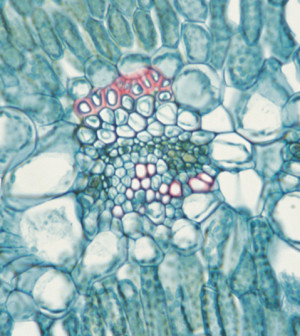- Recognizing the Signs of Hypothyroidism
- 10 Strategies to Overcome Insomnia
- Could Artificial Sweeteners Be Aging the Brain Faster?
- Techniques for Soothing Your Nervous System
- Does the Water in Your House Smell Funny? Here’s Why
- Can a Daily Dose of Apple Cider Vinegar Actually Aid Weight Loss?
- 6 Health Beverages That Can Actually Spike Your Blood Sugar
- Treatment Options for Social Anxiety Disorder
- Understanding the Connection Between Anxiety and Depression
- How Daily Prunes Can Influence Cholesterol and Inflammation
HPV Vaccination Rates Might Rise If More Docs Recommended It


Doctors have a vital role in increasing the number of girls and young women who get a vaccine that helps protect them against cervical cancer, according to a new study.
Despite calls by experts for universal human papillomavirus (HPV) vaccination for girls aged 11 and 12, recent U.S. data show that only 14.5 percent of girls in that age group have received at least one dose of the HPV vaccine and only 3 percent have completed the three-dose series.
One reason for these low numbers is that too few doctors are recommending the vaccine to their patients, according to researchers from the Moffitt Cancer Center in Tampa, Fla.
They examined surveys sent in 2009 and 2011 to doctors across the United States asking them how often they recommend the HPV vaccine. During that span, there was only a modest increase in the number of doctors who consistently recommended the vaccine to girls aged 11 and 12, and no significant increase in recommendations for girls aged 13 to 26, the researchers said.
Pediatricians and obstetricians/gynecologists were more likely to recommend HPV vaccination than family doctors, and younger doctors were more likely to do so than older ones, the study found.
The findings were published in the January issue of the American Journal of Preventive Medicine.
“Physician recommendation is central to increasing HPV vaccination rates because it is one of the most important predictors of whether a patient gets the HPV vaccine,” Susan Vadaparampil, associate member of the health outcomes and behavior program at Moffitt, said in a center news release.
The researchers said family doctors in particular have to make more HPV vaccine recommendations to patients.
More recommendations from doctors likely will result in more patients getting vaccinated, said Teri Malo, a research scientist at Moffitt. “[This] in turn will prevent most cervical cancers and possibly other HPV-related cancers,” Malo said in the news release.
More information
The U.S. Centers for Disease Control and Prevention has more about HPV vaccination.
Source: HealthDay
Copyright © 2026 HealthDay. All rights reserved.










